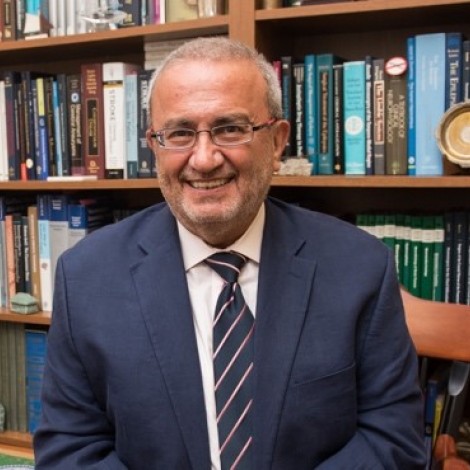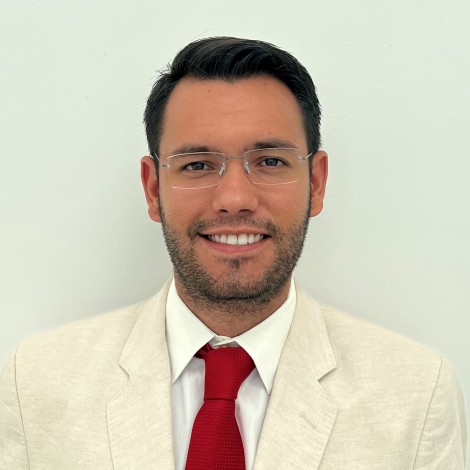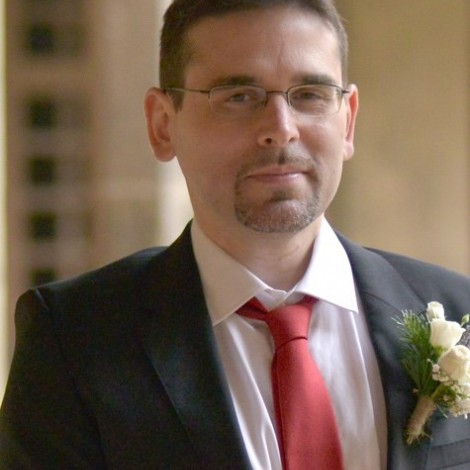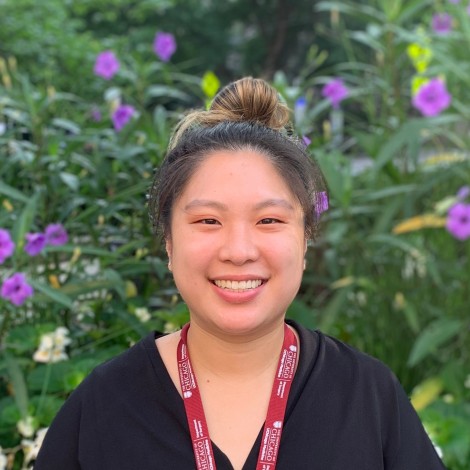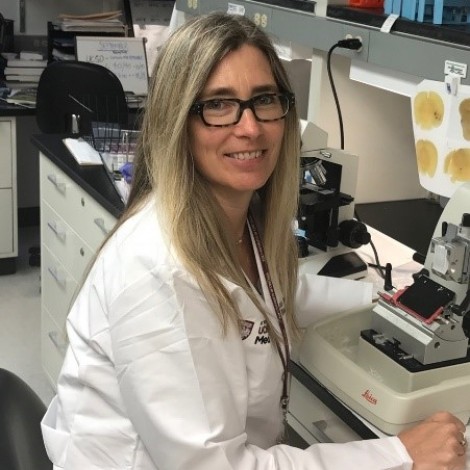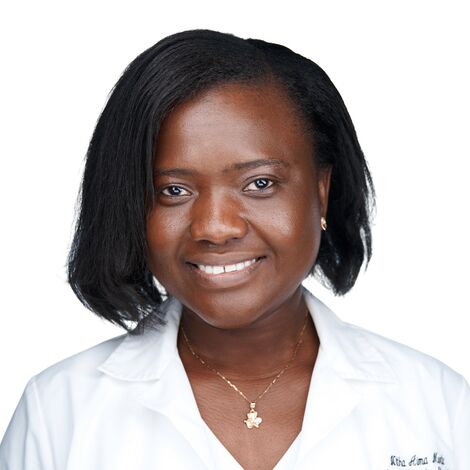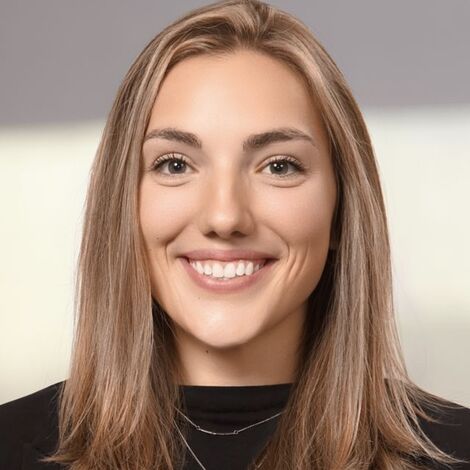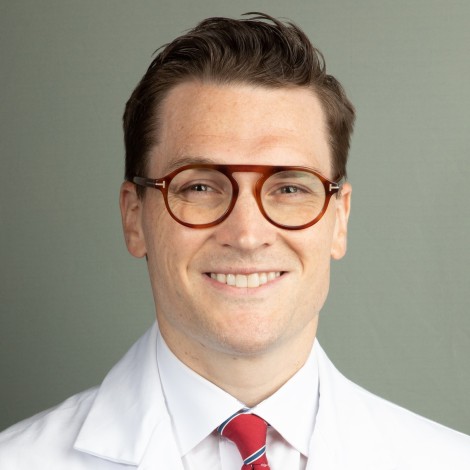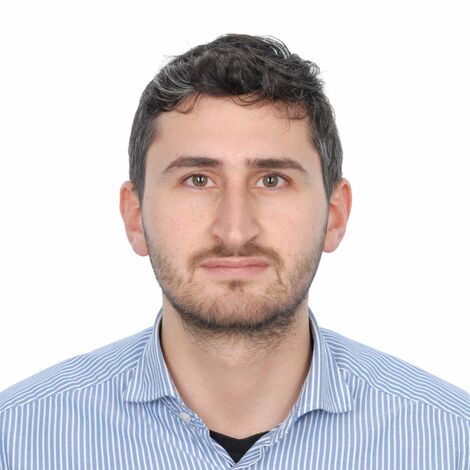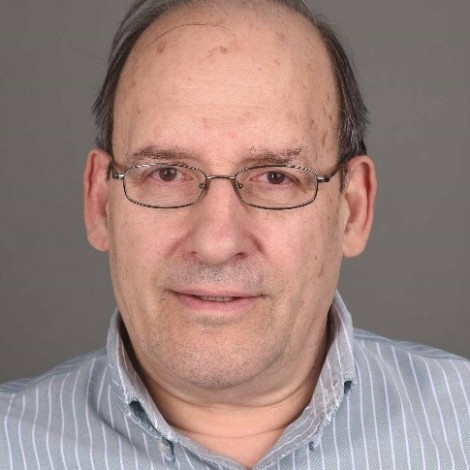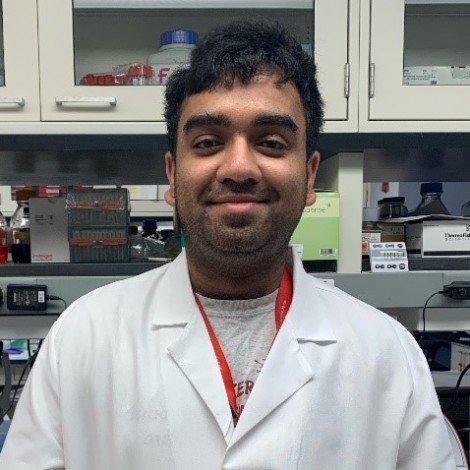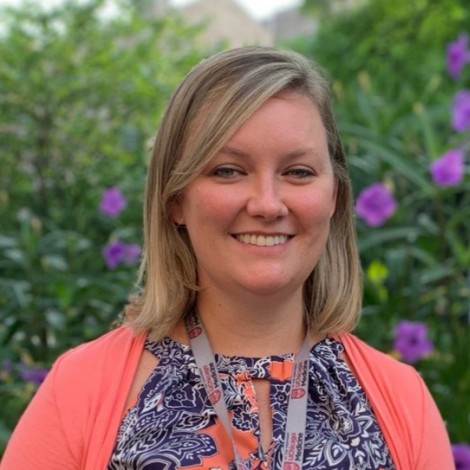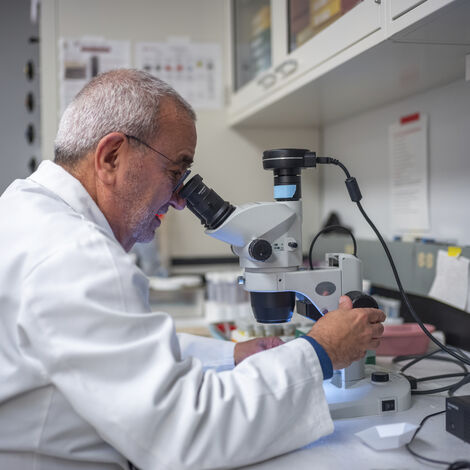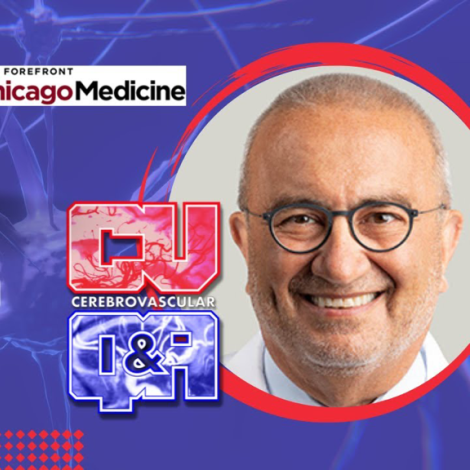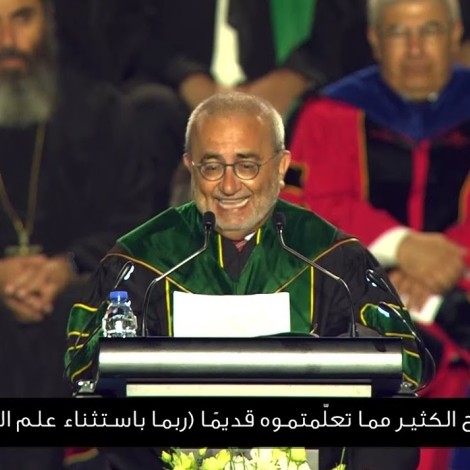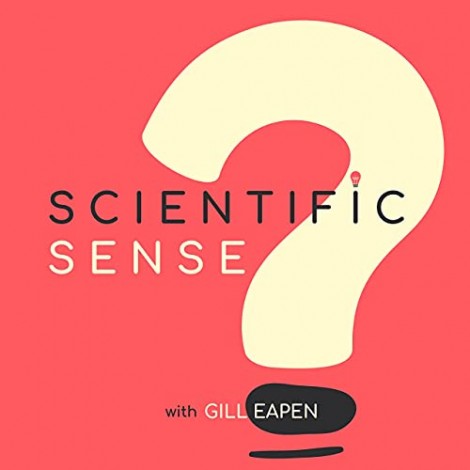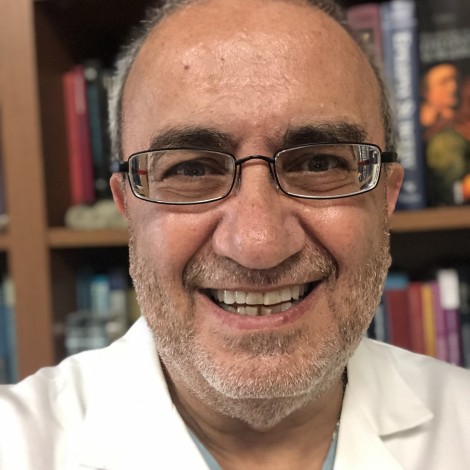Biology of Cerebrovascular Malformations
Current research is focused on the molecular mechanisms of cerebral cavernous malformation (CCM) genesis, a common vascular anomaly affecting 0.5% of the population, and predisposing to a lifetime risk of hemorrhagic stroke and epilepsy. Funded by the National Institutes of Health (NIH) for the past decade, the laboratory includes research faculty, a bioengineer, a computation biologist, three research technical staff, and several predoctoral students and postdoctoral research associates who work under Dr Awad’s oversight. They are currently engaged in the characterization of experimental CCM lesions in mutant mice, using paleo-computed tomography (micro CT), and in molecular dissection of animal and human CCM lesions from excised surgical specimens. Lesional cells are microdissected to test the hypothesis that somatic mutations are present in developing lesions, at earliest stages of lesions genesis and in subsequent stages of CCM lesion maturation. Lesional studies also help define the disease transcriptome, ie the groups of dysregulated genes causing the pathologic blood vessel failure. The laboratory has characterized an oligoclonal immune response in the human CCM lesions, and identified antigenic triggers responsible for lesion progression. Signaling pathways related to CCM genes are being investigated for mechanistic role and potential therapeutic targeting. The plasma from mouse models and human subjects have been used to identify proteins, circulating ribonucleic acids and novel metabolites, associated with various disease features. Mentored trainees are exposed to the range of cell and molecular biology techniques including immunohistochemistry, cellular laser microdissection, and imaging for phenotypic characterization, and RNA and DNA extraction from microdissected cells, cloning, sequencing and recombinant antibody synthesis. Focused projects are available for individual trainees, as well as extensive supervision in mentored penmanship and grantsmanship. The laboratory team meets weekly for data review and guidance of ongoing projects.



